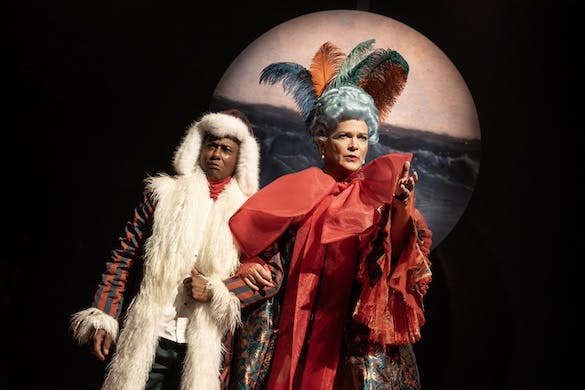
The 82nd Whitney Biennial Masters the Art of Ideological Grandstanding
By MARIO NAVES
|Part of what makes the play charming and affecting is that it explores the assumptions we often make based on gender, and upends them with the quirky, earthy humor and disarming tenderness that are hallmarks of Ruhl’s writing.

Already have a subscription? Sign in to continue reading

By MARIO NAVES
|
By LUKE FUNK
|
By THE NEW YORK SUN
|$0.01/day for 60 days
Cancel anytime
By continuing you agree to our Privacy Policy and Terms of Service.